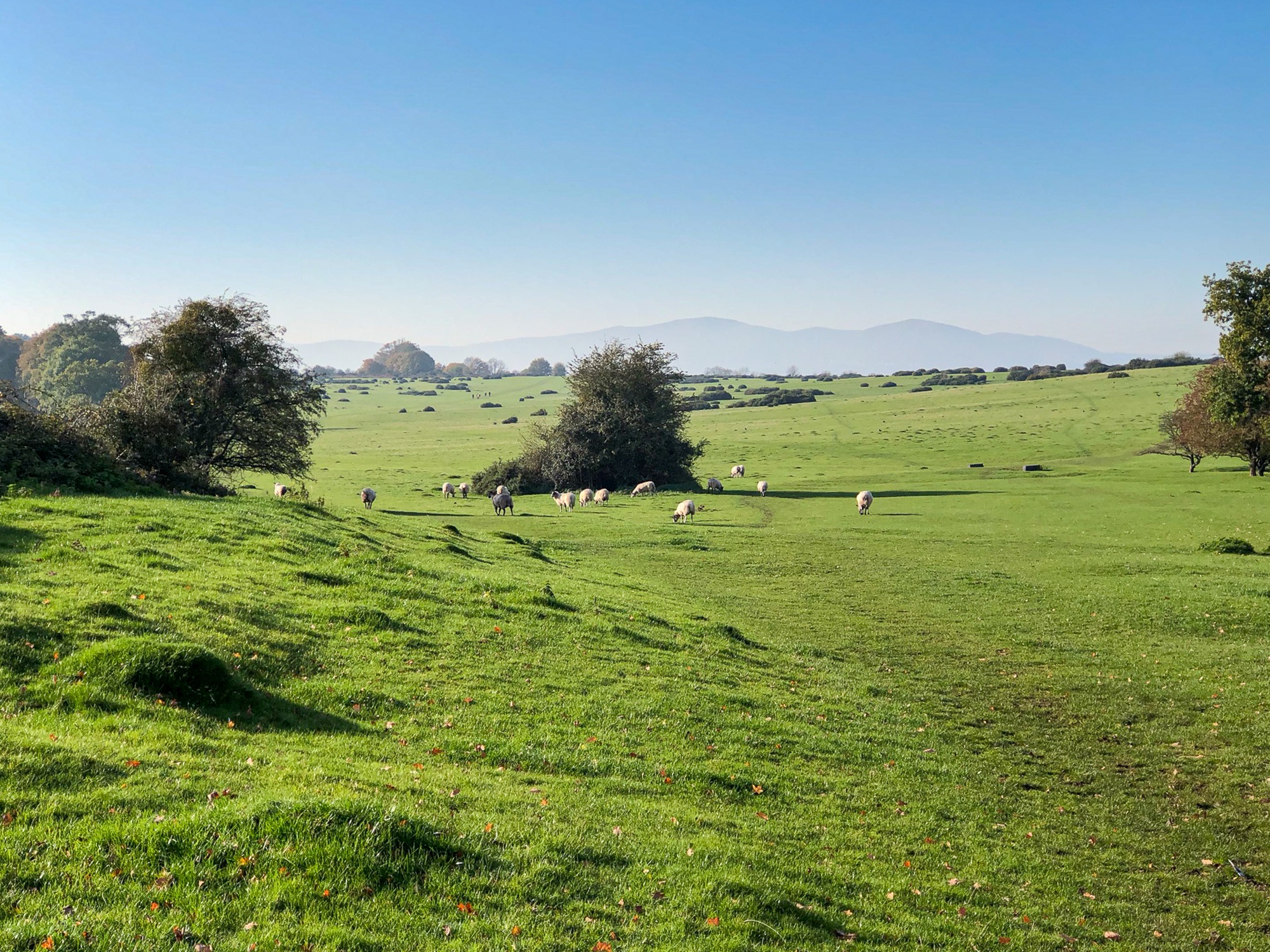
Equality, Diversity and Inclusion
The County Council is committed to equality of opportunity for all citizens and celebrates the diversity of all its residents.
Equality
This is treating people fairly.
The law seeks to prevent and eliminate unlawful discrimination for people who have one or more of the following protected characteristics. These areas are
- age
- disability
- gender reassignment
- marriage and civil partnership
- pregnancy and maternity
- race
- religion or belief
- sex, and sexual orientation
Diversity
This means “variety”. Valuing diversity means valuing people and recognising that everyone is unique or different but of equal worth.
Discrimination
This is treating a person, without a justification, less favourably than another, particularly because of one’s feelings, assumptions or prejudices about the characteristics, attributes or circumstances of that person. This can include certain forms of harassment or abuse.
- Equality and Diversity Policy (PDF)
- Equality, Diversity and Inclusion Strategy 2022 to 2025 (PDF)
- Slavery and Human Trafficking statement (PDF)
- Equality, Diversity and Inclusion Annual Report September 2023 to 2024 (PDF)
- Equality, Diversity and Inclusion Annual Report September 2023 to 2024 (Word doc)
- Equality, Diversity and Inclusion Annual Report September 2022 to 2023 (PDF)
- Equality, Diversity and Inclusion Annual Report September 2022 to 2023 (Word doc)
Our EDI Strategy 2022 to 2024 has been successfully embedded across the organisation, and had some powerful impacts since its launch in September 2022. With significant changes to the restructuring of our workforce, a number of external factors including moving colleagues and operations from County Hall, as well as some key programmes of work and initiatives driven by the strategy, it was agreed to extend our current strategy to September 2025. Doing so allows us to continue our commitment to the objectives in place, carry on with the important work being delivered in our Directorate Equality Groups, and importantly, gives us an opportunity to thoroughly engage, collaborate and improve our approach to the new EDI Strategy development, ensuring we produce a meaningful plan that is aligned with our other strategic works, and ready for September 2025.


 Facebook
Facebook X
X Email
Email WhatsApp
WhatsApp Messenger
Messenger